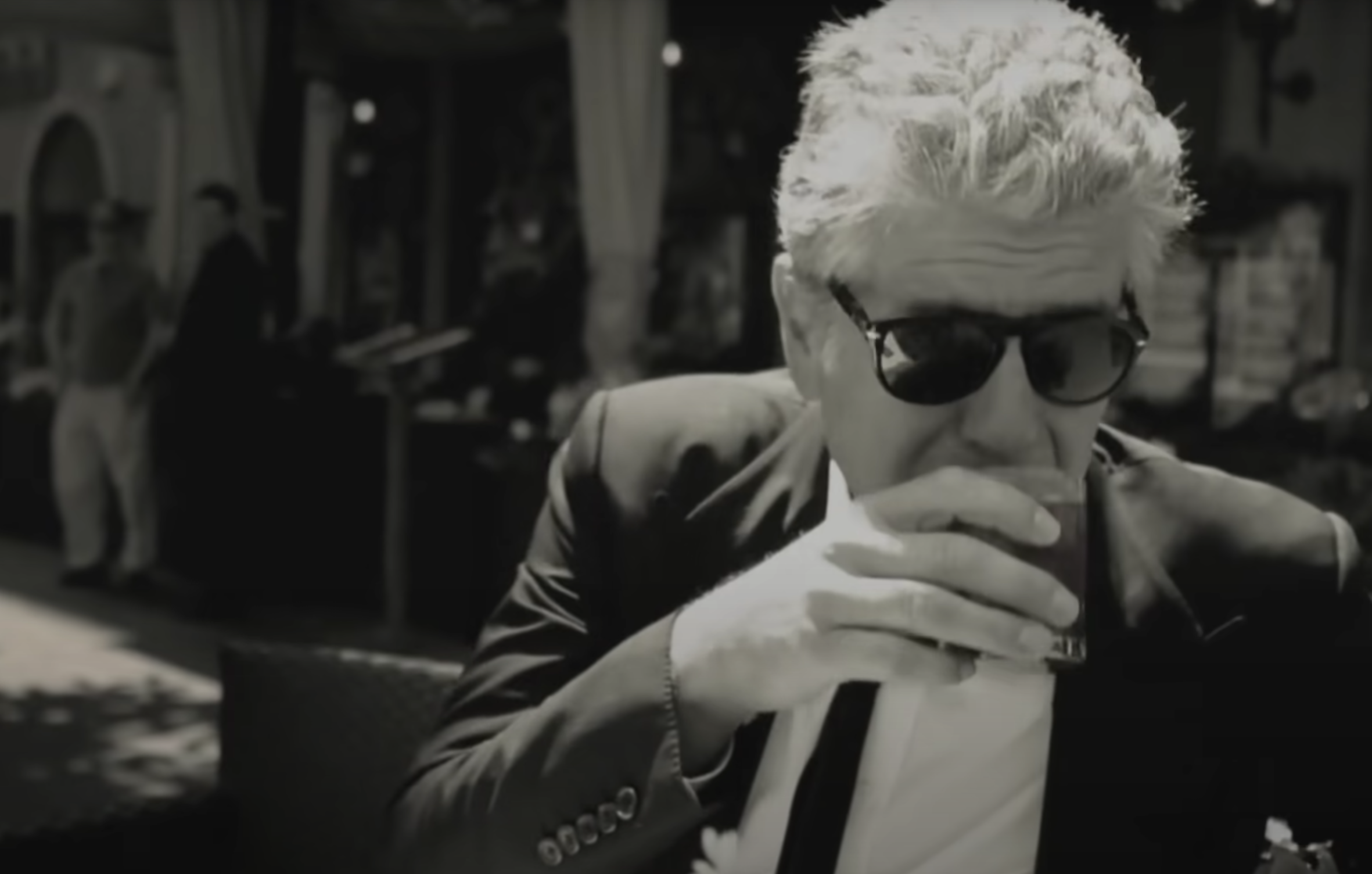In his 7.15 review of Morgan Neville‘s Roadrunner: A Film About Anthony Bourdain (opening Friday), Wall Street Journal critic Joe Morgenstern notes that the film “has been criticized for what some see as a sexist and reductionist implication that Bourdain’s failed relationship with his last girlfriend, the Italian actress and filmmaker Asia Argento, was the cause of his suicide.
“Argento figures significantly toward the end of the film, as she did in its subject’s life,” Morgenstern writes. “But she’s a latecomer in a documentary that evokes, and makes sense of, the full sweep of Anthony Bourdain’s gifts, charms, successive careers, sustaining passions and bedeviling obsessions. A film of fitting energy and complexity, it’s a stirring account of an astonishing life.”
I’m sorry but that’s just not honest or true. After seeing Neville’s film a month ago I tried to explain the Bourdain suicide thing as plainly as possible (6.16). Here it is again for good measure:
“The first 80 to 90 minutes of Roadrunner are just okay. At times they almost feel a bit boring. But during the final 30 or 40 minutes the film dives into the ‘what happened during the final few weeks of Bourdain’s life, and why did he fucking hang himself?’ section.
“By the end the viewer has been left with a clear impression that Bourdain’s relationship with the notoriously edgy and prickly Asia Argento was a giddy, obsessive thing that intensified Bourdain’s hot plate and probably jarred his sense of emotional equilibrium.
“I’m not saying that Argento ‘killed’ him in some way — Bourdain sadly did that all to himself — but she definitely shook him up and rattled his composure and apparently brought him to the edge of something or other.
“Bourdain was a moody, free-associating, nakedly honest fellow with a tendency to occasionally fall into caves of depression, and it appears that he swan-dove into the Argento relationship without the slightest sense of measured, step-by-step gradualism. Frank Sinatra once sang “let’s take it nice and easy…it’s gonna be so easy.” Bourdain definitely didn’t do that with Argento.
“There’s a stocky guy from Bourdain’s camera crew who tells Neville that Anthony was ‘a lifelong addictive personality, [and at the end he was] addicted to another person [i.e., Argento]. He didn’t understand he would drive her away if he didn’t stop talking about [how great she was]…you could see her pulling back and he just wouldn’t stop.’
“So in a way Bourdain was apparently smothering Argento to some extent, and so just before his death she performed that public affair in Rome with Hugo Clement. Her apparent intention was to say to Bourdain ‘back off, don’t smother me, let me be free.’ She and Bourdain had an open relationship, but if Argento had been a tad more considerate she would have indulged herself with Clement more discreetly.
In the doc, Parts Unknown director Michael Steed says he checked on Bourdain after the Argento-Clement photos appeared online, and that Bourdain was not cool about it, mentioning that “a little fucking discretion” would have been nice on Argento’s part.
He meant that if you have an open relationship you fuck around in the shadows — you don’t push it in your partner’s face.
Argento didn’t push Bourdain off the cliff — he jumped of his own accord. But had it not been for their relationship and his extreme immersion in that bond, Bourdain might be alive today. Maybe. Who knows? Possibly. This is definitely what the film leaves you with.

